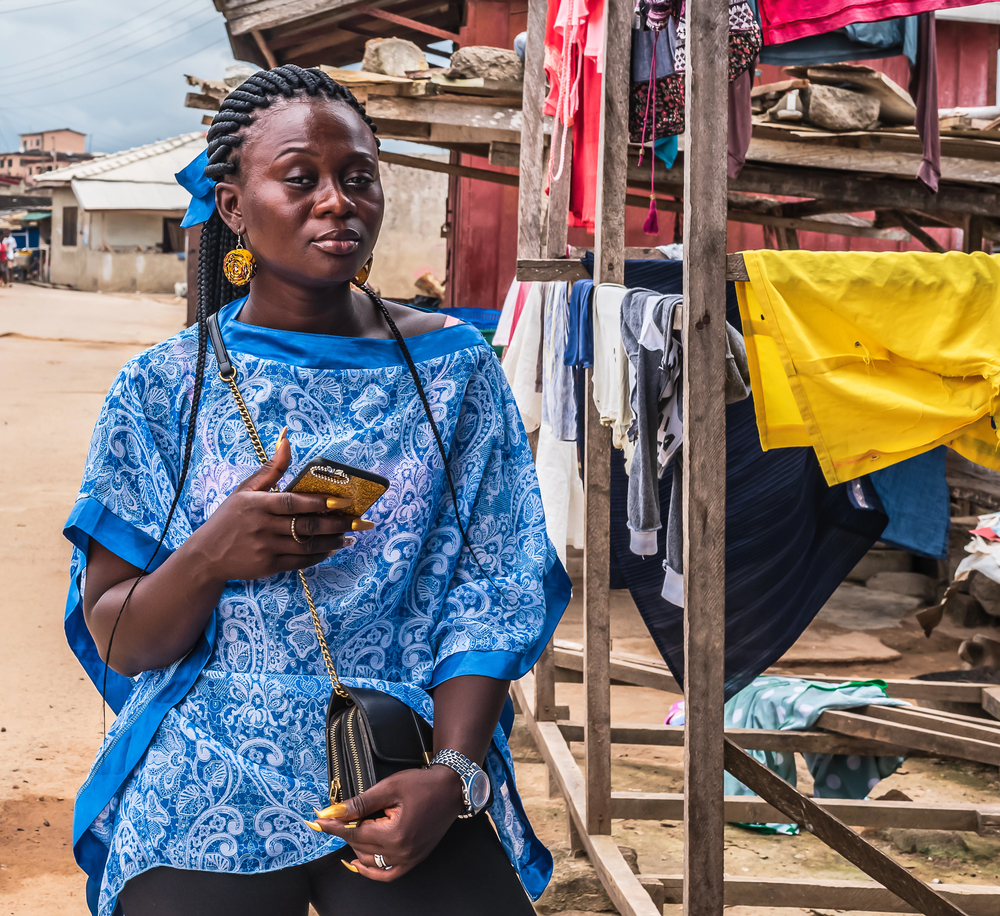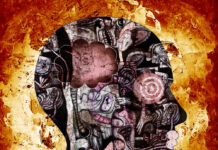A recent article published in PLOS Mental Health spotlights two projects led by peer researchers—individuals with lived experience of psychosocial disabilities—who were trained to conduct interviews, facilitate workshops, and disseminate findings across their communities. The aim was to document mental health experiences during the COVID-19 pandemic and explore how the research process itself changes when those most affected are the ones doing the work.
Mental health research in low- and middle-income countries has historically sidelined the voices of those most directly affected. A 2019 review found that, across such contexts, “stakeholders hold more cards than people with lived experiences” in processes of Patient and Public Involvement. These hierarchies persist in studies conducted by researchers from the Global North and in countries of the Global South, where neoliberal platforms and policies often reproduce colonial patterns of exclusion.
In this context, the new study by Tizaa et al. examines what can be learned from embedding people with lived experience directly into the heart of mental health research. The authors describe two studies conducted in Ghana and Indonesia between 2021 and 2024, in which twelve peer researchers were trained in ethics and methods, participated in interviews and workshops, and assisted in disseminating the findings through community-based events.
“In peer research,” the authors write, “people who are the focus of the research are involved in carrying it out. Peer researchers (or lived experience researchers) are recognized as ‘experts by experience’ due to their first-hand knowledge of living with a mental health condition. They draw on this experience to conduct research and interpret findings. Including people with lived experience as mental health researchers is supported by arguments for disability rights and inclusion as articulated in the slogan ‘nothing about us without us’.”
The study includes anthropologist and global mental health researcher Ursula Read, whose longstanding work has foregrounded the social and spiritual dimensions of mental distress, the politics of diagnosis, and the need for locally grounded, rights-based approaches that prioritize participation and social inclusion.















